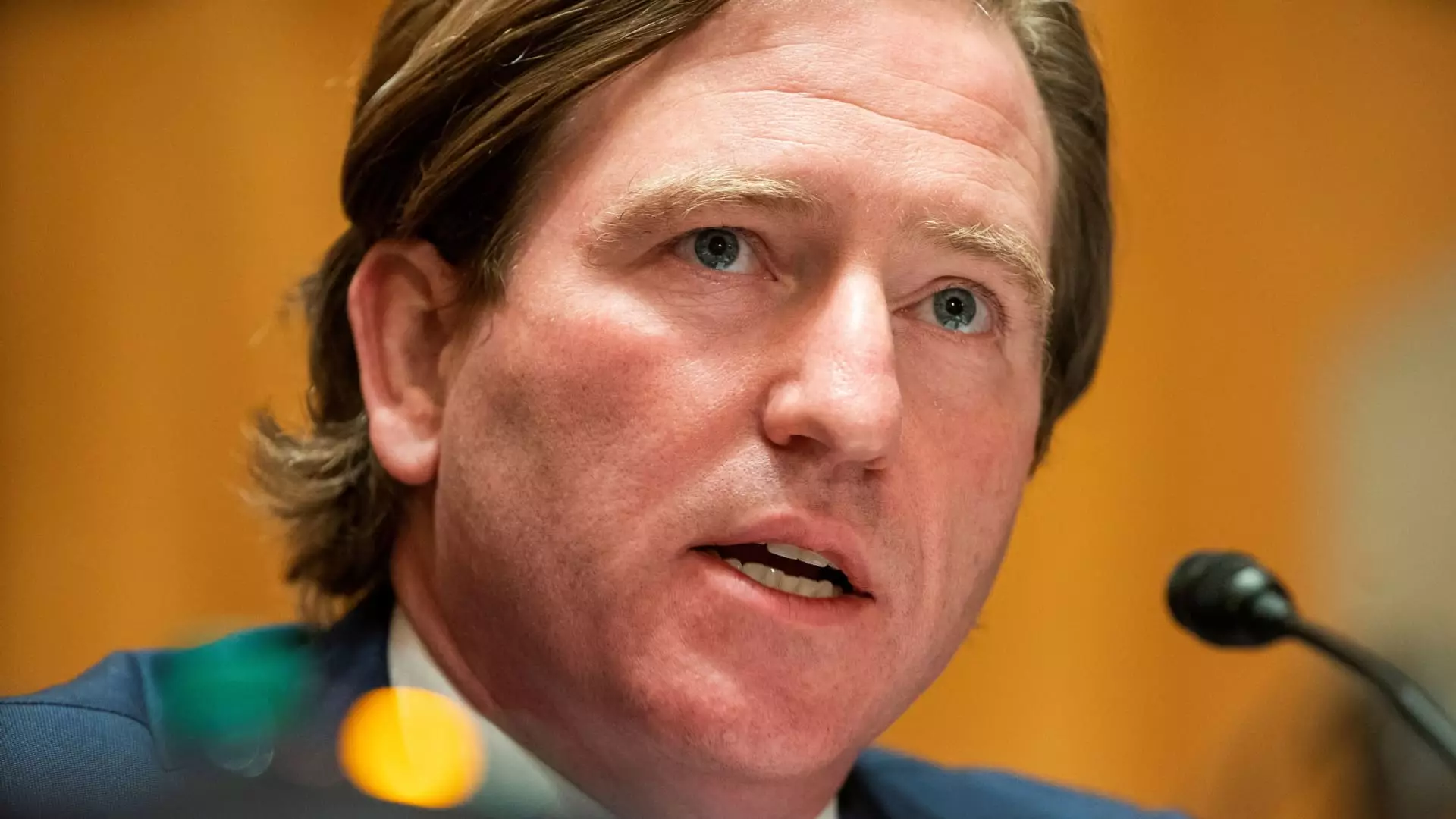In an era marked by heightened political tension and social polarization, President Donald Trump’s recent executive order targeting Chris Krebs, the former Chief of the Cybersecurity and Infrastructure Security Agency (CISA), has raised alarming concerns about the future of democracy and corporate governance in America. By attempting to blackball Krebs—among others—from public roles, Trump is essentially weaponizing his executive power to intimidate not just individuals, but the very foundation of public-private partnerships that are vital for national security and social progress. The ramifications of such actions extend well beyond the immediate fallout, setting a precedent that could redefine the relationship between the state and private organizations.
The executive order stirs echoes of McCarthy-era tactics, where personal vendettas and political disagreements morphed into widespread persecution. Trump’s allegations against Krebs illustrate a disconcerting tendency to vilify those who contradict him, a behavior that raises questions about accountability and ethical governance. If individuals in key positions can be coerced or stripped of their rights simply for expressing dissent or factual honesty—a reality that Krebs experienced after declaring the 2020 election secure—then the core values which America prides itself upon are under dire threat.
Corporate Compliance Under Duress
Following the executive order, Krebs resigned from SentinelOne, a company that specializes in cybersecurity solutions. His departure is a direct outcome of political coercion, reflecting how a president can exert influence over the corporate sector in pursuit of personal grievance. While Krebs asserted that his choice to leave was voluntary, the immediacy of his resignation suggests otherwise. When corporate leaders begin falling in line to evade political warfare, it’s the integrity of the institution—and ultimately our democracy—that suffers.
Under Trump’s regime, businesses of varying sizes have faced increasing pressure to align their operations with the president’s whims. Whether it’s demanding structural reforms from universities to comply with his ideological agenda or threatening corporations with punitive measures for not falling in step, this administration’s tendency to employ economic leverage as a tool for political maneuvering represents a slippery slope towards authoritarianism. Social bonds that once allowed for healthy dissent now teeter on the brink of abject fear of retribution.
The Ethics of Silence
Krebs’ resignation exposes an unsettling ethical predicament for corporate leaders today: should they remain silent in the face of misinformation and pressure for compliance? Ethics in the corporate world are not just about compliance with regulations; they also extend to reinforcing truth and safeguarding freedom of speech. By allowing political figures to dictate corporate narratives, we risk losing our ability to criticize government actions. If the free exchange of ideas is stifled in our public discourse, how can we claim to be a thriving democracy?
Krebs’ comments about the necessity of fighting for “democracy, freedom of speech, and the rule of law” resonate widely today. They underscore an essential truth: the preservation of these ideals depends not just on governmental actors but also on civilians—especially those in influential positions—who muster the bravery to speak out against injustice and misinformation. However uncomfortable it may be, the corporate sector must reclaim its voice to counteract these authoritarian impulses.
Implications for National Security
The broader implications of Trump’s executive order are manifestly troubling for national security, particularly given SentinelOne’s critical role in detecting and preventing cyberattacks. By fostering a climate of uncertainty and intimidation among tech companies, this order effectively compromises the very entities charged with protecting American infrastructures.
SentinelOne’s heavy reliance on government contracts positions it precariously in an environment riddled with political pressures. Ironically, the very actors who are responsible for safeguarding critical technology and systems now find themselves navigating a minefield of negotiations marked by fear and near-total compliance. If national security rests upon the shoulders of compromised corporate players, the future of American cybersecurity looks bleak.
A Call for Resistance
For those who champion liberty and transparency, Krebs’ departure serves as a clarion call for action. As we face these challenging times, it is imperative for both corporate leaders and citizens to actively resist the encroachment of authoritarianism in our public life. We must stand firm against intimidation and reaffirm our commitment to values like honesty, accountability, and, most critically, the right to dissent.
The fight for integrity in both governance and corporate America requires renewed commitment and vigilance. In this contemporary landscape, we are left questioning how long democracy can withstand the subjugation of truth. As individuals and organizations navigate this politically charged environment, now more than ever, the principles of freedom and justice must be upheld with unwavering determination.

